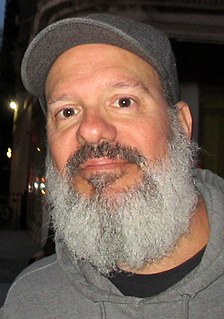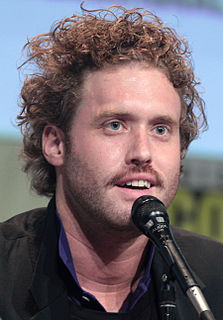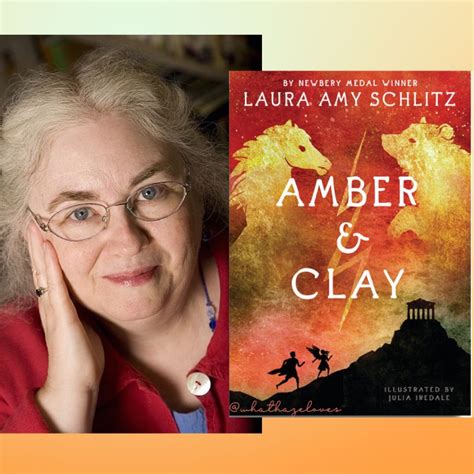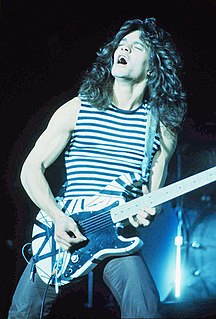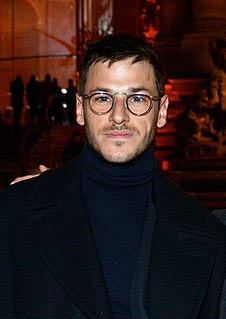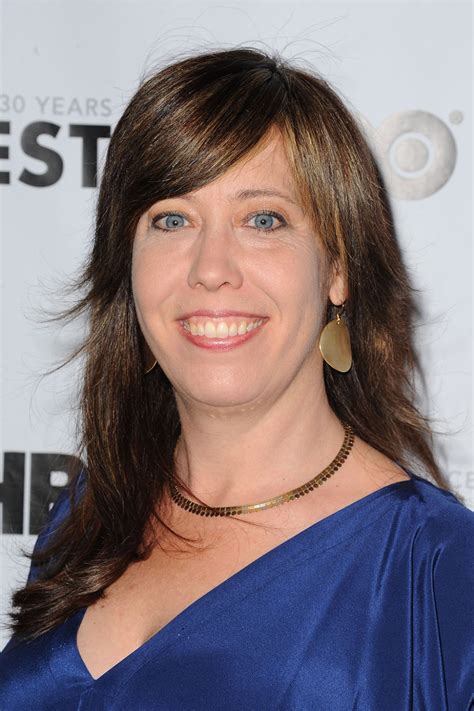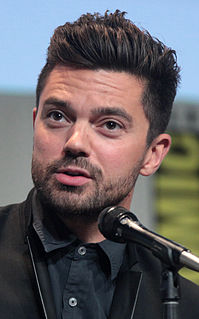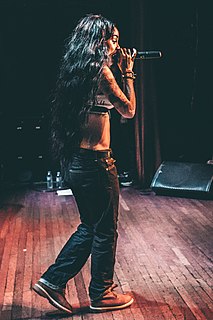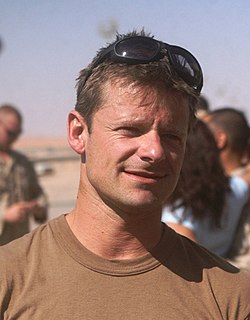A Quote by Kumail Nanjiani
My stories take three or four months to fix, and it's not magical of a process. Ultimately it's a boring, difficult process. I write everything out, and then the parts I think are funny I put in bold. Then I go perform it. Then the parts that aren't funny, I unbold them.
Related Quotes
Back when the Bible was written, then edited, then rewritten, then rewritten, then re-edited, then translated from dead languages, then re-translated, then edited, then rewritten, then given to kings for them to take their favorite parts, then rewritten, then re-rewritten, then translated again, then given to the pope for him to approve, then rewritten, then edited again, the re-re-re-re-rewritten again...all based on stories that were told orally 30 to 90 years AFTER they happened.. to people who didnt know how to write... so...
You can't just skip the boring parts." "Of course I can skip the boring parts." "How do you know they're boring if you don't read them?" "I can tell." "Then you can't say you've read the whole play." "I think I can live a happy life, Meryl Lee, even if I don't read the boring parts of The Tragedy of Hamlet, Prince of Denmark." "Who knows?" she said. "Maybe you can't.
As an author, you think you know where the good parts and the bad parts are. And then you read to a group of children, and you learn when you're boring them, and you hurry through those sections to get to the parts where they're interested again. You start to get a sense of your story's rhythm and flow.
I start my process hand written, and then I dump it in. It's like you're getting a second draft 'cause when I put it in the computer, I fix it and change stuff. That's my process. I picked that up from speaking to Neil Gaiman and Joe Hill. I was messing around with the idea of starting to write more, writing a book and doing things like this, and I reached out for advice. They were like, "Oh, we hand write, and then we dump it all in." I was like, "Great! There's no more blank pages."
My best times are midnight to six actually. I'll leaf through my notebooks and if something catches my eye and I feel like I want to transfer it from the notebook to the page, I do, and then comes this very strange process which is difficult to describe in that I'll write until I get stuck or I can't go any further or I'm boring myself or whatever and then I might go to another poem.
I had a really regular progression--and this is really pleasant, I think--because I had small parts in TV movies, then bigger parts in TV movies, and then small parts in films. And I think this allows you to get...experience of the set and to get familiar with [the process]. And as I had a really slow progression, I think it really helped me to stay lucid and not get carried away.
[In comedy] you never want to leave the actors hanging out to dry. So you need to come up with funny individual stories for each character, and then you do this sort of comedy geometry, weaving them together. Once you've got a funny structure and you know why the scenes are funny, then you get super funny people to say your own lines, say their own lines, say things in their own way, and every scene is a live rewrite in front of the camera.
Making movies has not only been an incredibly collaborative process but there's three big parts: pre-production, shooting itself and then post-production, which leads into marketing. And if you're passionate about the movie and you believe in it, and it would make sense that you are having done it, then you want to get out and promote it. It makes it a lot easier when the film is good and people are enjoying it.
When I auditioned actors I never make them act. I choose a long symphony, then I tell them to sit down and I play the symphony for them. Then I sit and I look at them. I always pick a piece of music that has up and downs, very dramatic parts, very quiet parts and really sensitive parts so that it can produce different emotions.

